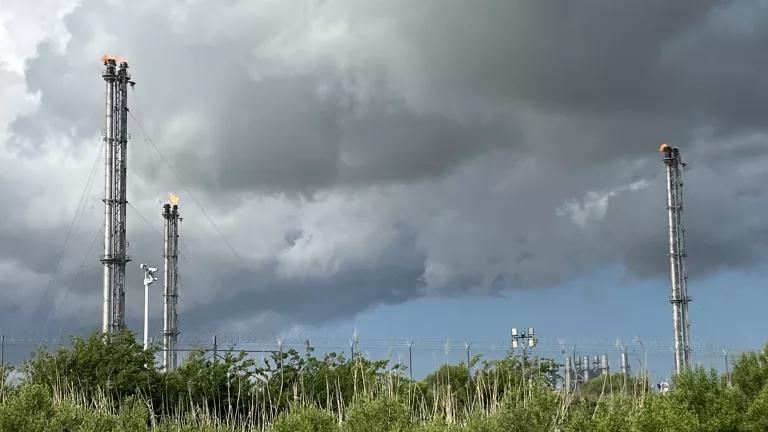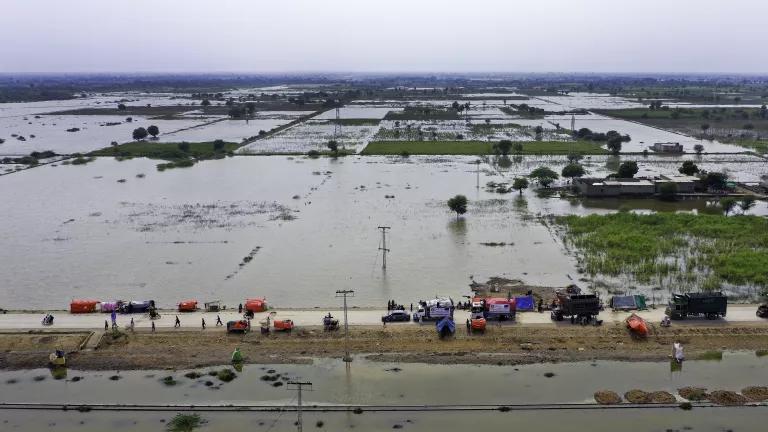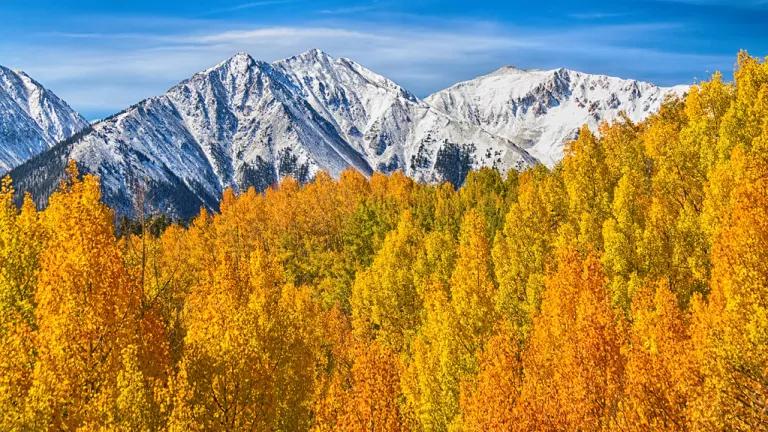
Visiting my parents in Miami is one of my favorite summer traditions. Friends sometimes question why we choose the hottest, most touristy season to fly cross-country to the Sunshine State, but we respond that there is something precious about those late-summer beach visits with the grandparents.
This year, the conversation grew more serious. By August 19th, the Centers for Disease Control and Prevention had issued travel advisories for two Miami neighborhoods within a short drive of my parents’ house. To date, 471 cases of the Zika virus have been reported in Florida with close to 30 linked to my hometown. Couples planning pregnancies have been warned to avoid the Wynwood and the South Beach tourist districts, and emerging evidence suggests that the Zika virus may also pose dangers for adult brains. This is the first time that the CDC has issued a travel warning for a region of the continental United States due to an infectious disease outbreak.
Unfortunately, we know that it will not be the last. Climate change is redrawing the boundaries of infectious diseases, from malaria to dengue fever to Lyme Disease. Though this advisory didn’t apply to my family, visiting Miami during the height of the Zika outbreak brought home- literally- how climate change leaves a mark on our communities, changing the shape of our summer traditions.
I was not alone in these thoughts. This summer has been marked by extreme weather from coast to coast, creating disruption for travelers and bringing tragedy to local communities.
My heart goes out to the residents of Southern Louisiana, where severe flooding in the past few weeks led to 11 deaths and displacement of tens of thousands. These floods were the eighth event in the past 15 months that met NOAA’s criteria for the kind of precipitation we should expect every five hundred years. Our only schemes for understanding the weather are predicated on a stable climate, and our climate is no longer stable. Where kids should be starting school or soaking up their last few days of summer, thousands are stranded in shelters, unsure when or if they will be able to return home.
On the other side of the country, voracious wildfires have consumed half a million acres across ten Western states. In a familiar pattern, we see that statistically improbable fires are becoming a “new normal.” Over half of the states in the West have seen their largest wildfire on record in the past sixteen years. While my former home state of Florida grapples with their first travel advisory, my adopted state of California confronts a “once in a lifetime” fire east of Los Angeles.
A recent study highlighted the threats facing one of our most cherished summer traditions. Climate change experts found that by 2085, most cities will be too hot to host the Summer Olympics. The probability of dangerous heat and humidity in most formerly temperate cities, from Rio to Beijing, will make the massive investment of hosting prohibitively risky.
The stakes are high. Climate change endangers not only our summer traditions, but also our health, our infrastructure, and our future. Failing to fight climate change, continuing to debate, or denying that climate change is real will only put us at greater risk; it will invite more flooding, wildfires, heat waves, and spreading “tropical” diseases, not only for our families now, but for future generations.
We have the tools to address this problem. The Environmental Protection Agency (EPA)’s Clean Power Plan is the first-ever national standard that limits heat-trapping pollution from power plants while spurring investment in clean energy. It is already putting us on track to transition to a low-carbon clean energy future, while protecting us from the worst impacts of climate change.
Which brings me to another beloved summer tradition: climate activism. We just celebrated the one-year anniversary of the Clean Power Plan, and need to ramp up support for the standard in the face of attacks from Big Oil and Coal. Add your voice to the conversation, and protect your favorite summer traditions.



